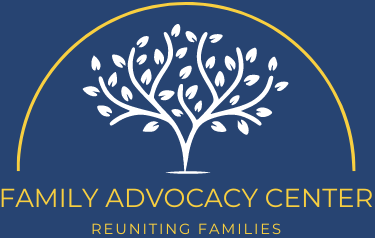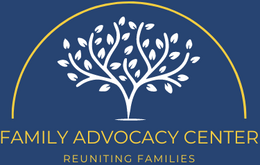Reunification Therapy is a type of therapy that helps to repair parent and child bonding. These bonds can sever through divorce, protective orders, rehabilitation treatment, jail time among others. It’s essential that this therapy is conducted by a specially trained therapist that understands family dynamics and AFCC guidelines. Often, individual therapy may be encouraged to work through ongoing mental health issues like depression and anxiety.
WHAT DOES REUNIFICATION THERAPY LOOK LIKE?
Therapy sessions are conducted with each family member involved in the child's development. The process starts with an individual intake session for each person. At that point, a treatment plan is made for the family to proceed. This will include at a minimum the custodial parent, refused parent, and the child.
The custodial parent is critical to ensuring the success of the process. They can usually understand the child best and have insight into the child’s emotions before and after therapy visits. Custodial parents are often concerned about the overall safety and welfare of the child. As a result, they may feel a loss of control, depression, fear for child’s safety, or protective of the child’s feelings.
The refused parent may feel desperate to interact with the child again. As a result, they may harbor anger towards the custodial parent and possibly the child. This parent may also struggle to have patience with the reunification process. Some reunions come quickly while others may take months. Reunification may include re-parenting integration to adapt to the needs and development of the child. This can be a frustrating process with the refused parent who already feel he or she may have lost precious time.
The child(ren) drive the speed of the process of reunification. They may have reservation about meeting a parent they haven’t seen in a long time. The custodial parent is helpful to encourage and promote a good experience for the child. Changes in behavior and emotional wellness is evidenced before or after therapy sessions and visits.
Research has shown that a child's overall development, well-being, and emotional resilience has a direct correlation to the cooperation and involvement of both parents.
Contact us
For more information call us at 385-507-3220 or fill out your information and we will reach out to you shortly.

